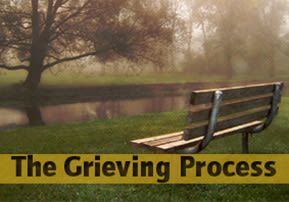
The Grieving Process
In the world of truth, no soul misses our lowly material world down here, with all its confusion, darkness and destruction. But the people left behind…

This morning, I was talking to a friend of mine from the UK, when the news came through that a mutual acquaintance of ours had passed away. He was a relatively young man, the father of young children, and he’d been seriously ill for a few years, so the news wasn’t exactly a surprise. But it was still a shock to the system.
There had been tons of tehillim; loads of prayers; communal trips to the Kotel. But the decree was sealed, and yesterday, he returned his soul to his Maker.
And I’m feeling quite sad about it all. I know that souls are here for their defined time, and that when that time is up, they go to a place that is so much better for them, if they’ve walked in the path of Hashem and tried to do their best to keep His Torah.
In the world of truth, no soul in their right mind misses our lowly material world down here, with all its confusion, darkness and destruction. But the people left behind… For them, it’s so, so difficult. And it appears to be difficult for everyone, even Tzaddikim that know far more than you or I do that this world is just a corridor. For example, the Brisker Rav was reportedly inconsolable when his oldest child died when she was a young girl. Even the Doctor of the Soul himself, Rabbi Nachman of Breslov, was grief stricken by the deaths of his young children. Of course, Rabbi Nachman knew that the soul is here to do a job, and that the ‘real deal’ is upstairs, not in this world. But when our loved ones are taken away from us, it still hurts so very much. Maybe not so much if they lived a good, long life and they are survived by children, grandchildren and even great grandchildren who are walking in Hashem’s ways. But when a life is apparently cut short – at least from our perspective – it’s so very difficult to accept that it’s good.
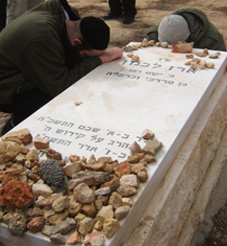 Photo courtesy of Emuna Outreach
Photo courtesy of Emuna OutreachIntellectually, I can say it’s good. Intellectually, I can accept that everything Hashem does is good, and everything is kindness. But then, I come up against a ‘real life’ situation – like a husband who dies from cancer, G-d forbid, or a child that drowns, G-d forbid – and I try my best to accept that it’s for the best. And often, I manage it – but only because it didn’t happen to me.
How do the spouses left behind find the good? How do the parents? The kids?
And yet, I’ve met enough spouses and parents and kids who do. Hashem must give them the strength they need to cling on to Him, and to rebuild their lives and continue to have good days and happy days.
As for the rest of us, what can we do?
After I was told the news this morning, I thanked G-d from the bottom of my heart that I have a husband, Baruch Hashem. I thanked G-d for every day spent in good health and tranquillity with my family. I started to really get a glimpse of the fact that every minute with my husband and my children is a gift; a tremendous, insurmountable, amazing gift.
A gift that so many of us take for granted so much of the time.
Some days, I still get frustrated that my house looks like a tip, with toys, pens, and mess everywhere. But increasingly, I remind myself that the mess is a direct result of having two beautiful children in the house – and then, I feel more gratitude than annoyance.
And it works for husbands, parents, siblings, in-laws, and friends, too. However frustrating, annoying, upsetting or disappointing they occasionally may be – thank G-d for them! They all make my life infinitely richer, just by being here.
This doesn’t work all the time. Occasionally, I lose perspective and start moaning and complaining again, but thank G-d, it’s getting less and less. And it only takes another untimely death to remind me just how very lucky I am.
So I guess, that is the good that comes out of these situations for onlookers like me. They make me love my husband more. They make me appreciate my kids more. And they remind me that no-one is here for ever, and that I have to grab every childish peal of laughter, every great Shabbat meal, every trip out or cosy night in with both hands, and shout my thanks to the Creator.
I know we aren’t meant to yearn for the Geula just because we want to escape from the suffering that permeates so much of our lives at this ‘end of days’ time. But today, again, I couldn’t help hoping that it’s the last time I have to hear about an untimely death; it’s the last time I have to fend off a blow to my emuna that Hashem is good, and that everything He does is good; and it’s the last time that I have to schedule in a shiva call to another tragically bereaved spouse or parent.
Hashem, have mercy on us! I know from ‘upstairs’ it’s all kindness and goodness – but we aren’t there yet. And until we are, please manifest Your kindness to us down here in a way that we can readily grasp and relate to.
May the positive effects from this article be for an ilui neshama (elevation of the soul) for Shimon Elimelech ben Syma Rivka.





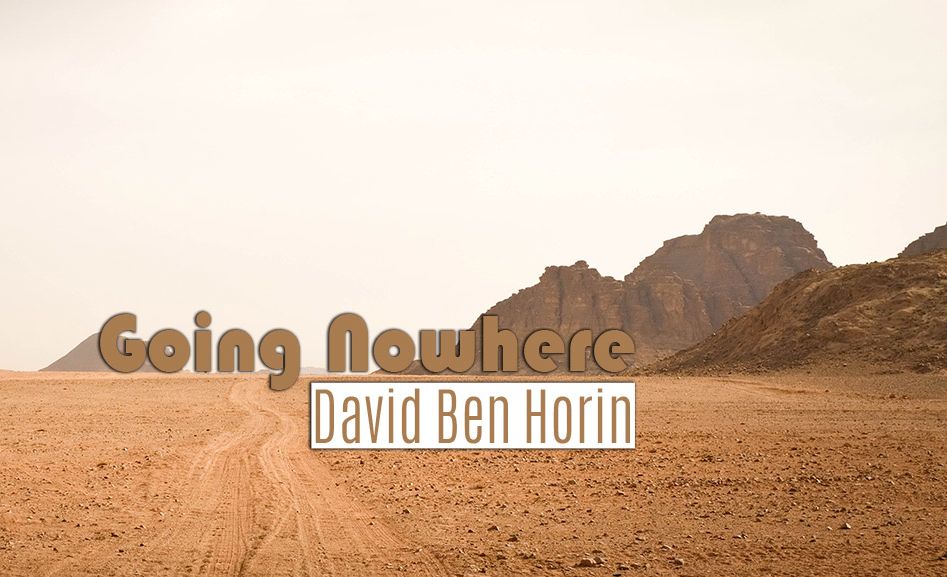
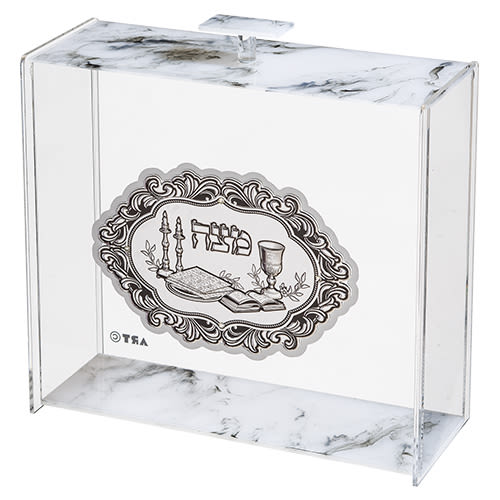
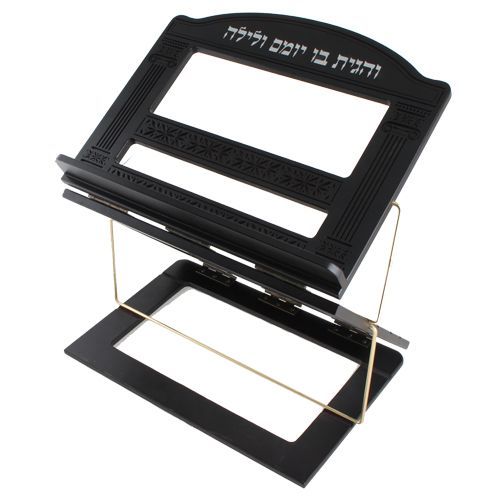
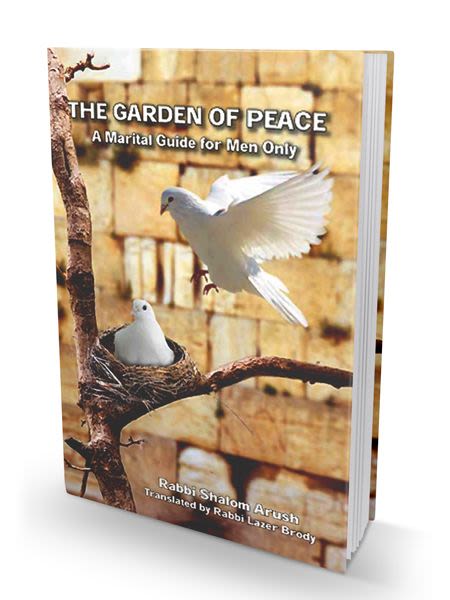
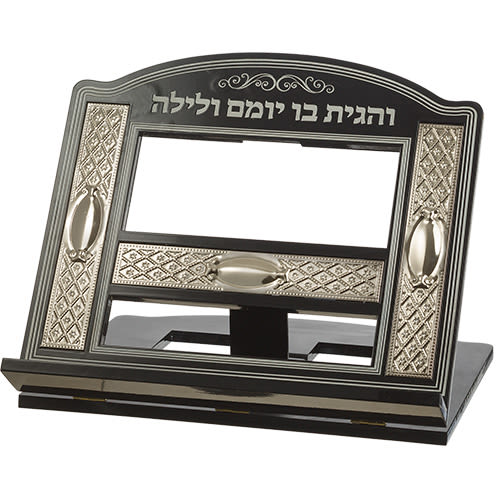
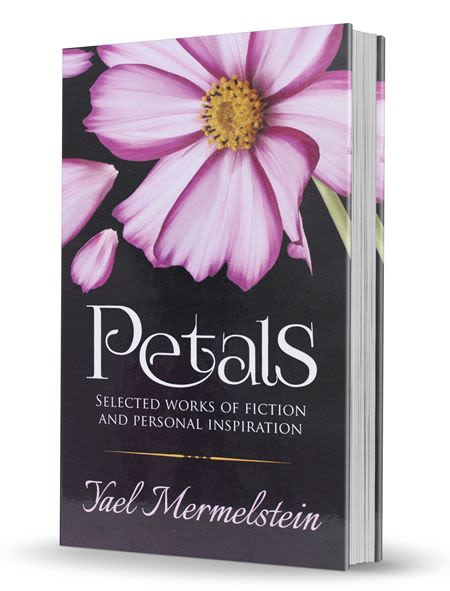
11/17/2017
Brother’s Death
Hi, Thanks so much for your article. We lost my youngest brother this past Shemini Atzeret 2 weeks after his 30th birthday and you article has helped me put things into perspective. Wishing you health and happiness in all that you do.
11/17/2017
Hi, Thanks so much for your article. We lost my youngest brother this past Shemini Atzeret 2 weeks after his 30th birthday and you article has helped me put things into perspective. Wishing you health and happiness in all that you do.